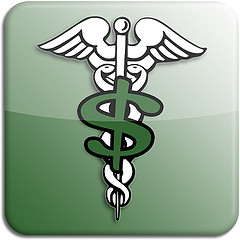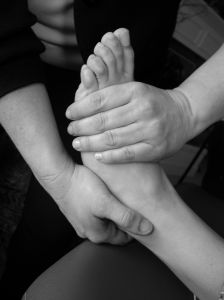Fraud is a crime that hits people in their pocketbooks and can also feel like a betrayal of trust. Health care fraud fits both these characterizations but also includes an added danger — it is often a direct threat to our physical and mental well-being, endangering people’s health and even jeopardizing lives. Money should not cloud decisions about what treatments are appropriate and medically necessary. This is why the problem of kickbacks to patient recruiters is of great concern. The danger posed to people’s health and well-being, in addition to the economic threat, also motivates our California health care fraud law firm in our work to stop all forms of improper payments for medical referrals.
FBI Announces Sentencing of Patient Recruiter in Kickback Scheme
This month, the Federal Bureau of Investigation (“FBI”) issued a press release announcing a criminal sentence for Richard Shannon, age 41, a patient recruiter who took part in a Medicare fraud scheme. At trial, evidence showed that Shannon solicited Medicare beneficiaries in the Detroit area to sign blank forms for physical therapy treatments that were not medically necessary and were never actually provided. The beneficiaries were typically destitute individuals that Shannon found in housing projects and Detroit-area soup kitchens. In exchange for their patient information and signatures, Shannon provided cash and the promise of narcotics prescribed by physicians who were also involved in the conspiracy. Shannon’s co-conspirators, including the owners of All American and Patient Choice, two home health care companies based in Oak Park, then paid doctors to issue referrals and related documents necessary to bill Medicare for the same fake services.
 Healthcare Fraud Lawyer Blog
Healthcare Fraud Lawyer Blog


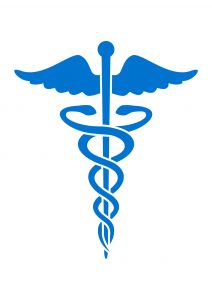
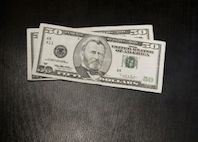
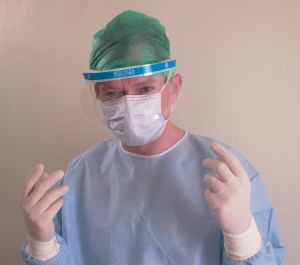
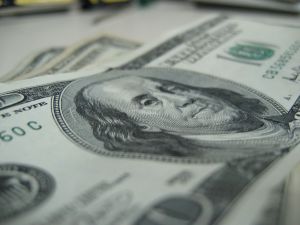
 Trust is an essential element of good service. This is particularly true in the legal and medical professions, two arenas in which people trust professionals to provide guidance based on the client’s needs rather than placing profits above service. Although they may initially seem like very different practices, our work as a Northern California attorney malpractice law firm and as
Trust is an essential element of good service. This is particularly true in the legal and medical professions, two arenas in which people trust professionals to provide guidance based on the client’s needs rather than placing profits above service. Although they may initially seem like very different practices, our work as a Northern California attorney malpractice law firm and as 